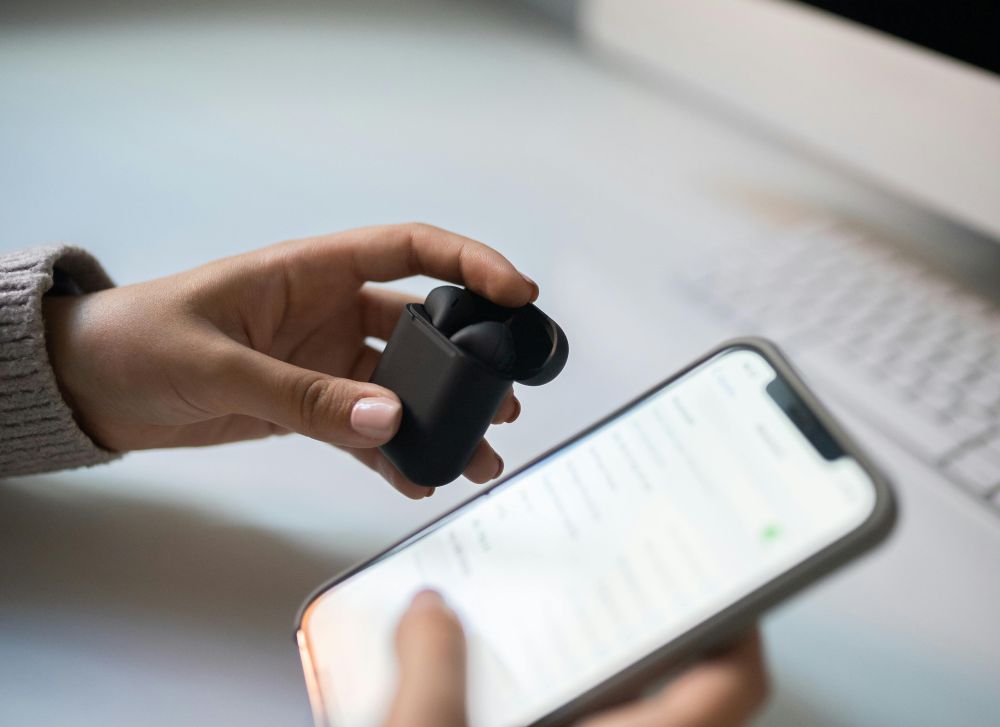
Bluetooth devices are generally considered safe for everyday use.
Bluetooth is a wireless communication technology that enables data transfer between devices over short distances using radio waves in the 2.4 GHz frequency range.
Here are some factors to consider regarding the safety of Bluetooth devices:
Non-Ionizing Radiation: Bluetooth devices emit non-ionizing radiation, which is considered to be less harmful than ionizing radiation emitted by sources like X-rays and ultraviolet light.
Non-ionizing radiation does not have enough energy to ionize atoms or molecules, meaning it does not have enough energy to damage DNA or cause cancer.
Low Power Levels: Bluetooth devices operate at low power levels, typically ranging from 1 milliwatt to 100 milliwatts, depending on the device.
These power levels are significantly lower than those emitted by other wireless technologies like cell phones and Wi-Fi routers.
Short Range: Bluetooth devices have a relatively short range, typically up to 10 meters (about 33 feet), which means exposure to Bluetooth radiation is limited to the immediate vicinity of the devices.
This short range reduces the likelihood of prolonged exposure to Bluetooth radiation.
Regulatory Compliance: Bluetooth devices must comply with regulatory standards and guidelines established by organizations like the Federal Communications Commission (FCC) in the United States and similar regulatory bodies in other countries. These standards specify limits on electromagnetic radiation emissions to ensure the safety of users.
While Bluetooth devices are generally considered safe, it’s essential to use them responsibly and follow best practices for minimizing exposure to electromagnetic radiation. This may include:
Limiting the duration and frequency of Bluetooth device use.
Maintaining a safe distance from Bluetooth devices when not in use.
Using Bluetooth devices in well-ventilated areas to minimize potential heat exposure.
Being mindful of potential interference with medical devices like pacemakers and hearing aids, as some Bluetooth devices may emit electromagnetic interference.Overall, when used as intended and in accordance with safety guidelines, Bluetooth devices pose minimal risk to human health.
However, individuals with specific concerns or medical conditions should consult with a healthcare professional for personalized advice.